
Outline of the studies
The second-cycle studies in the field of electronics and telecommunications last one and a half year, include 3 semesters and are intended for civilians. To achieve the educational objectives, the balanced nature of studies was adopted. Their concept is based on education conformed to students’ choice within the specializations profiled with elective classes. However, some of the classes are common to all students, regardless of the choice of the specialized subjects. Elective courses are designed to develop students' knowledge and skills for the needs of implementing projects in the field of electronics or telecommunications. Actually there are two specializations offered. They are listed below together with the following key educational content:
IModern electronic engineering – ASIC design, embedded energy sources and power electronics, signal analysis, remote sensing, fundamentals of modulation and demodulation, software defined radio, planar antennas.
IITelecommunications technologies – radiocommunication systems, satellite systems and networks, wireless local area networks, IP networking protocols and technologies, modulation and demodulation, LTE network applications, 5G network applications.
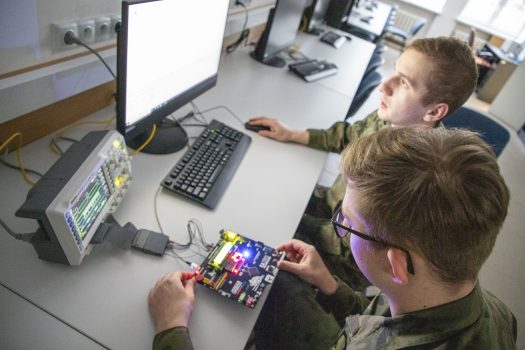
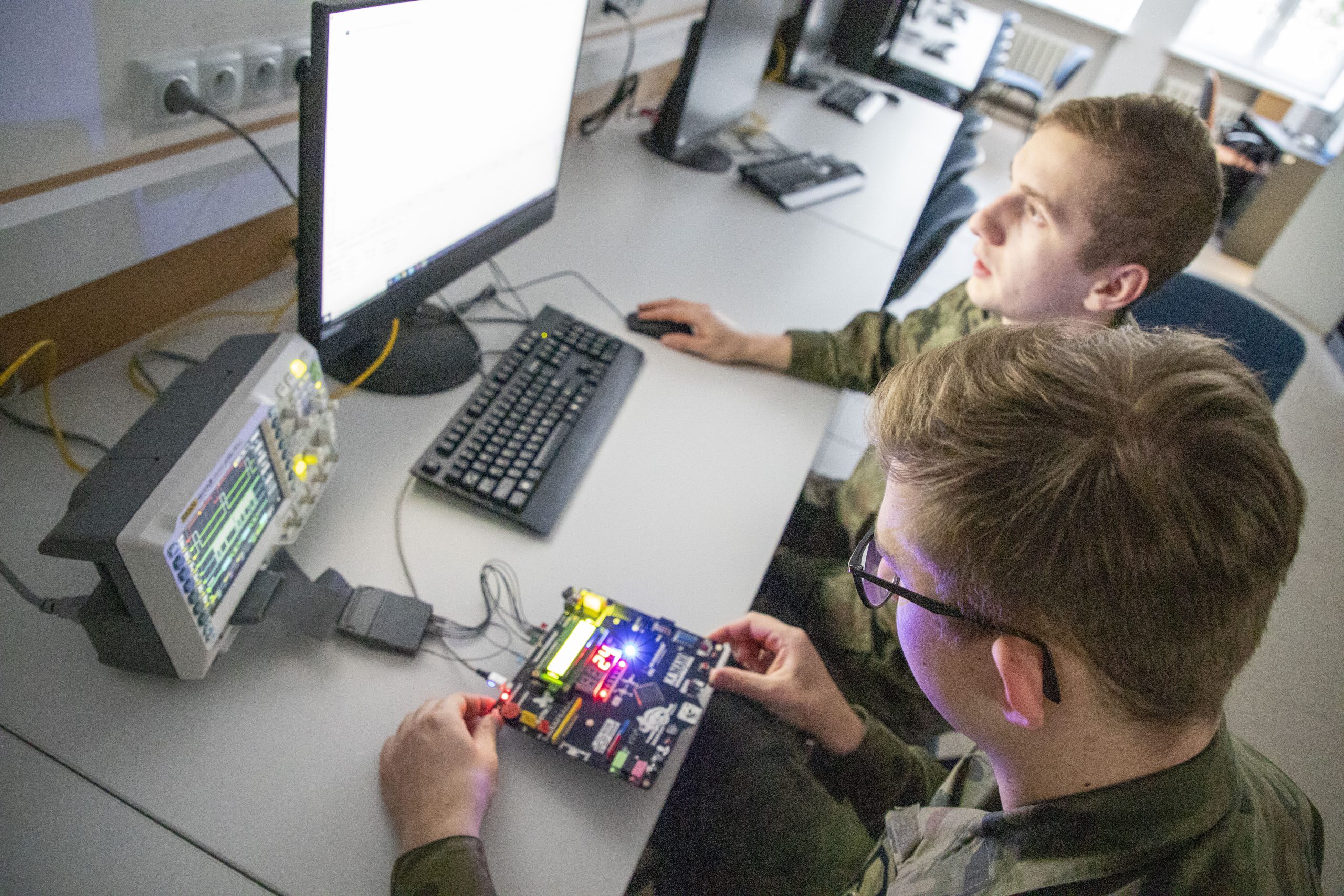
As part of the formation of social competences, students are familiarized with the issues of management and entrepreneurship as well as managing human teams. The offer of non-technical subjects also includes language education, the aim of which is to master the skills of active use of a foreign language at the level of the B2+ certificate of the Common European Framework of Reference for Languages. The study program includes at least 2 weeks of professional practice, which takes place in workplaces consistent with the field of study. The studies end with the defense of the diploma thesis and graduates obtain the title of master engineer.
What after graduation?
The assumed effect of the studies is to prepare graduates for creative engineering and managerial work in the field of applications of electronics, telecommunications, automation and computer science to solve technical problems occurring in it. Graduates obtain the competences necessary to undertake professional work in accordance with their qualifications in companies in the broadly understood electronic circuits and systems industry, ICT companies dealing with telecommunications and computer networks, telecommunications and multimedia service operators and others, including R&D departments of enterprises. They are able, using appropriate methods, techniques, materials and tools, to design, manufacture, launch and test electronic or telecommunications systems, taking into account given performance criteria. They know the processes occurring in the life cycle of electronic and telecommunications devices and systems and are able to assess them on the basis of an analysis of their functioning. They are competent in the use of computer simulations and measurement technology in planning and conducting experiments. They also know the general principles of creating and developing various forms of individual entrepreneurship and the principles of managing human teams, including the use of IT teamwork tools.
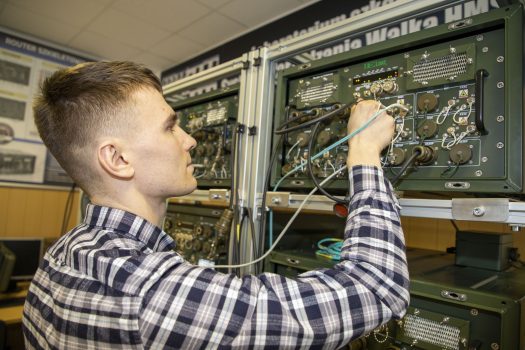
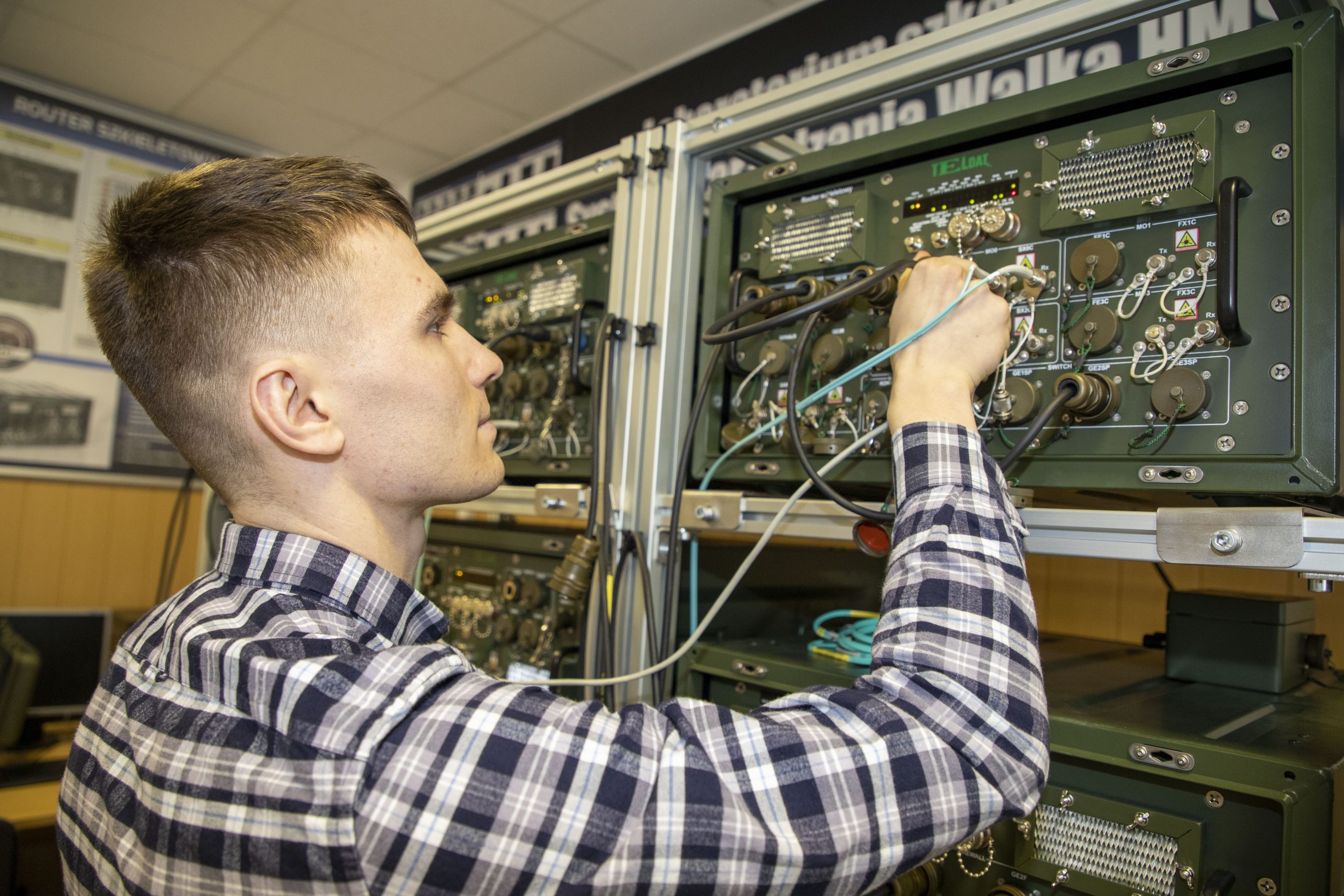
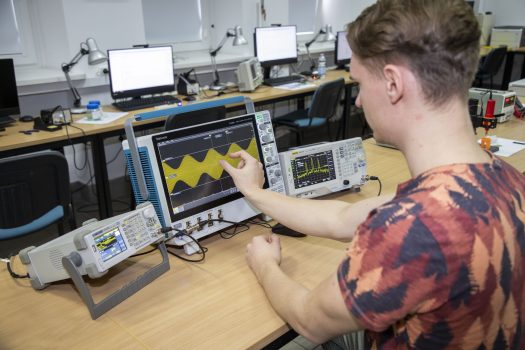
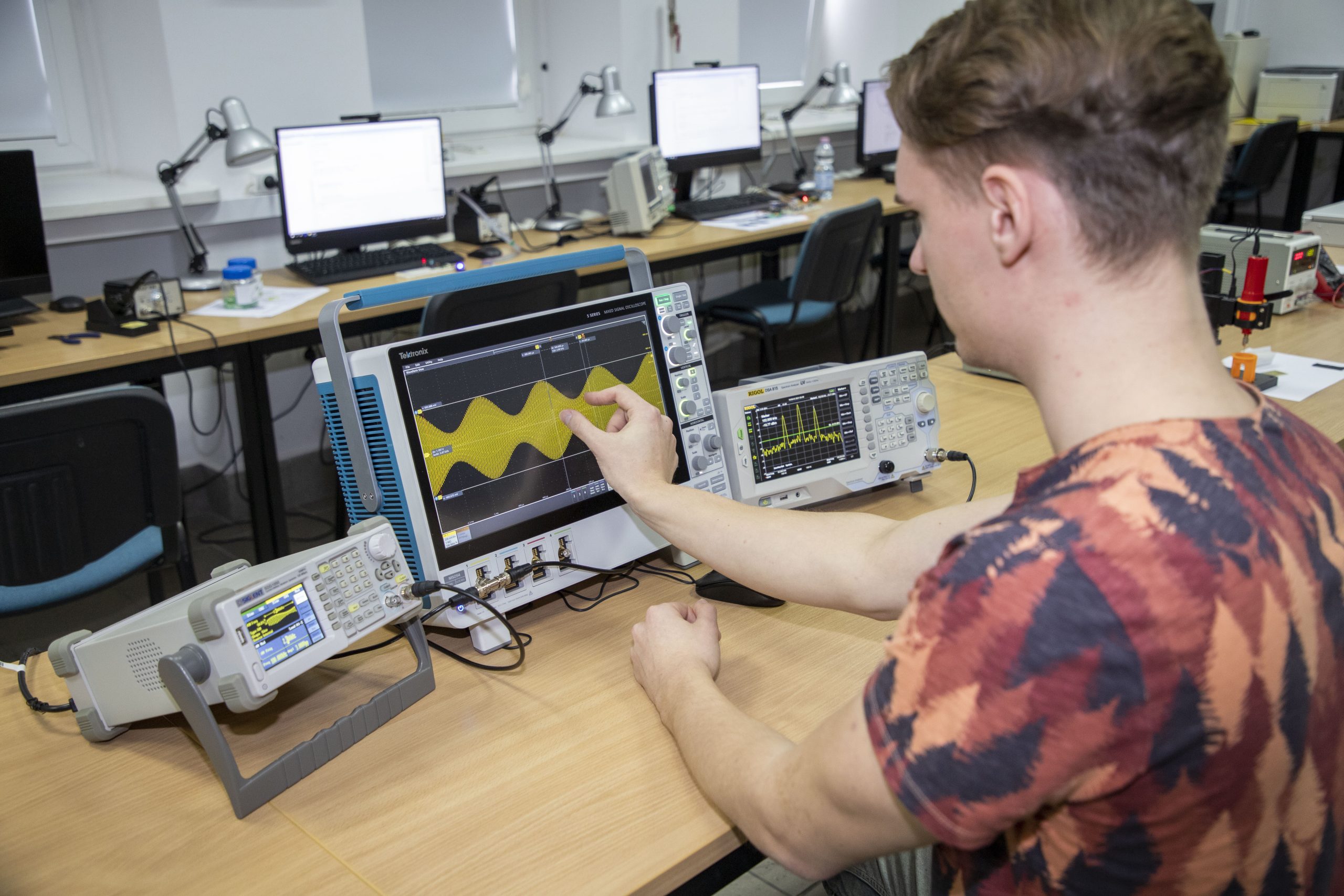
 PL
PL EN
EN
